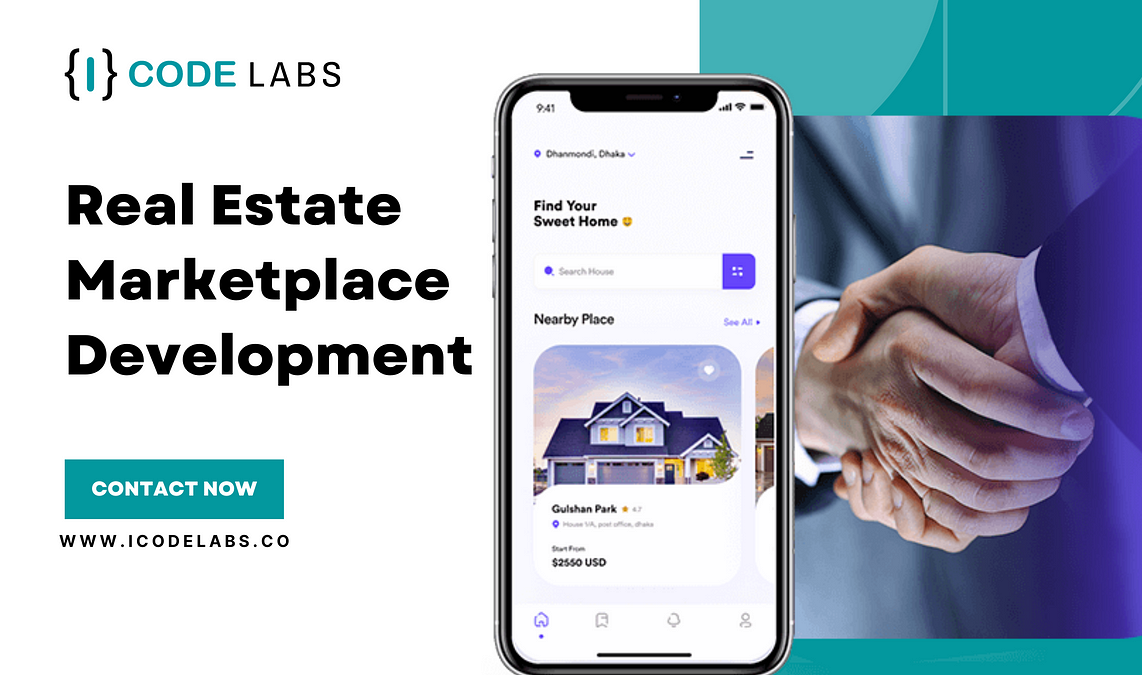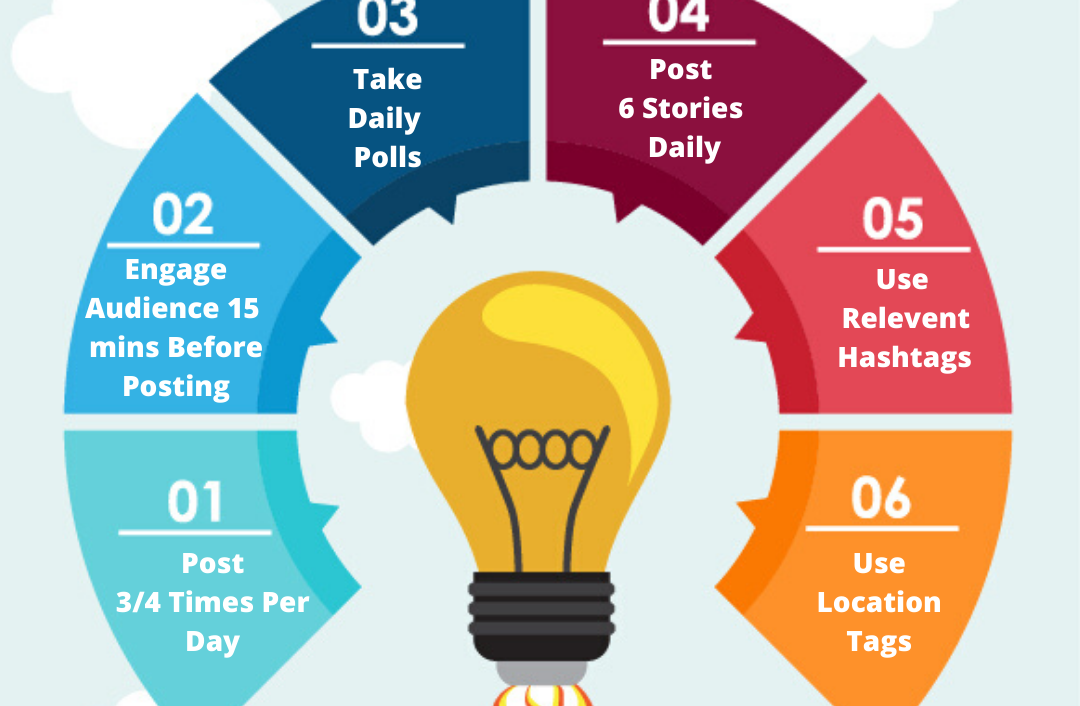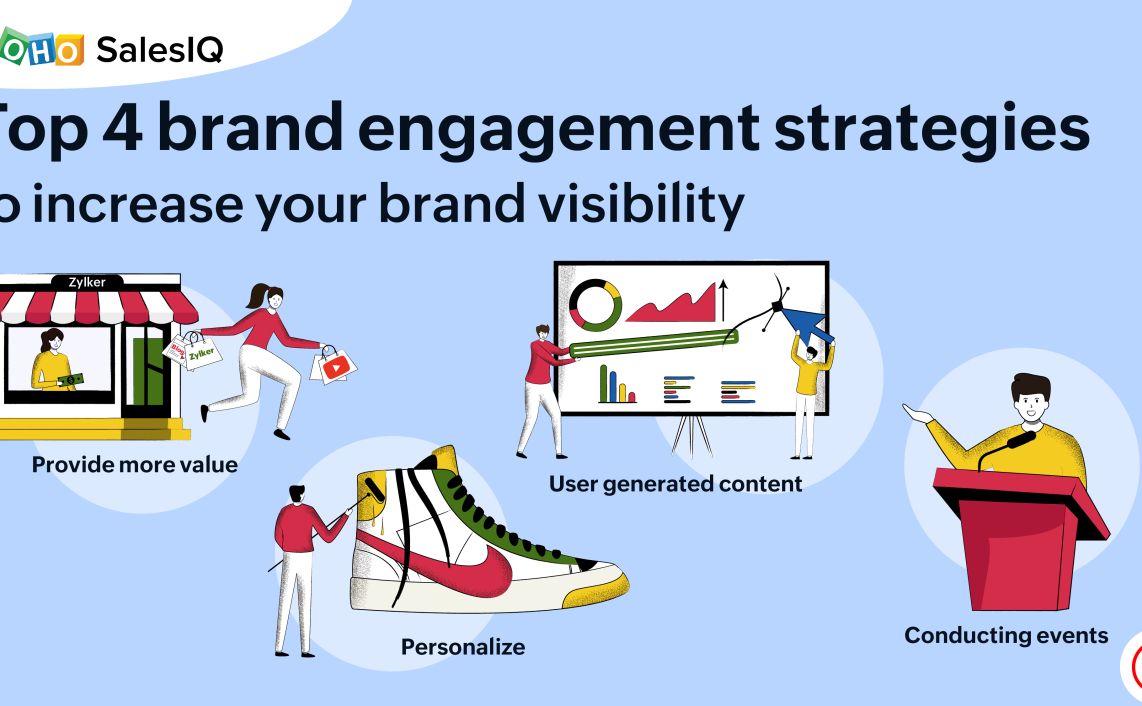Contextual Advertising: Aligning Ads With User Intent

Executive Summary

Contextual advertising aligns advertisements to the content of a web page rather than specific user demographics. The technique allows advertisers to target their campaigns more precisely, delivering highly relevant ads that better resonate with the user’s current interests. By leveraging contextual data, businesses can improve their return on investment (ROI) and enhance user engagement.

Introduction
Traditionally, advertising has focused on targeting users based on demographic and historical data, a method known as behavioral targeting. While still a valuable strategy in certain cases, behavioral targeting can often lead to irrelevant advertisements that miss the mark in terms of user engagement and conversion rates. Contextual advertising is a more advanced form of targeted advertising that bypasses the user-level data in favor of focusing on contextual factors such as the page the user is currently viewing.
Top 5 Subtopics in Contextual Advertising
1. Content-Based Targeting
Targets ads based on the content of the webpage. This data can include keywords, phrases, language, and overall theme.
- Leverages natural language processing (NLP) and machine learning (ML)
- Delivers ads that directly align with the user’s current interests
- Presents advertisements that seamlessly blend with the surrounding content
2. Topic Targeting
Targets ads based on general topics that the webpage pertains to. This requires categorizing of web pages and assigning topics for efficient ad placement.
- Utilizes taxonomies and ontologies
- Enhances granularity of ad targeting
- Can align ads with specific industry or niche interests
3. Semantic Targeting
Analyzes language patterns and underlying meanings within the webpage content to determine the intent of the user. This data can include phrases and sentences that convey specific actions or interests.
- Uses semantic analytics and other advanced natural language processing tools
- Delivers highly customized ads based on the user’s implicit needs
- Improves relevance and engagement rates
4. Keyword Targeting
Utilizes specific keywords or phrases found within the webpage content. This data can be used to match ads to relevant search queries or specific topics of interest.
- Identifies keywords that advertisers consider relevant to their campaigns
- Can use semantic keyword expansion to broaden reach and improve relevance
- Leverages existing keyword research and SEO strategies
5. Contextual Retargeting
Retargeting efforts that focus on users who have previously visited specific pages or taken certain actions. This data can be used to tailor ads to the specific interests that the user displayed during their previous visit.
- Extends user journey data into re-marketing campaigns
- Improves conversion rates by nurturing previously interested users
- Delivers highly relevant reminders about products or services
Conclusion
Contextual advertising is a highly effective way to deliver relevant and engaging ads to users in an unobtrusive and targeted manner. By utilizing the contextual data available through web page content, businesses can achieve higher ROI by reaching the right audience at the right moment. The key benefits of contextual advertising include improved relevancy, enhanced user engagement, increased conversion rates, better campaign performance, and a superior overall advertising experience.
Keyword Tags
- Contextual advertising
- Content-based targeting
- Semantic targeting
- User intent
- Retargeting
FAQs
What is the benefit of contextual advertising over traditional behavioral advertising?
Contextual advertising focuses on delivering relevant ads that align with the user’s current interests and browsing activity rather than their past browsing history. This increased relevance leads to higher engagement rates, better ad recall, and improved conversion rates.Can contextual advertising improve my return on investment (ROI)?
By leveraging contextual data, businesses can target their campaigns more precisely, delivering highly relevant ads that better resonate with the user’s current interests. This increased targeting leads to higher conversion rates and improved overall ROI.How does contextual advertising improve the user experience?
Contextual advertising delivers targeted ads that are relevant to the user’s current interests and needs. By aligning ads with the content of the webpage, businesses can provide users with a seamless and personalized experience that enhances engagement and reduces annoyance.How can I measure the effectiveness of my contextual advertising campaigns?
The effectiveness of contextual advertising campaigns can be measured using various key metrics such as click-through rates (CTRs), conversion rates, time spent on page, and overall ROI. By tracking and analyzing these metrics, businesses can optimize their campaigns and improve performance over time.What are the limitations of contextual advertising?
The accuracy of contextual advertising highly depends on the availability and quality of contextual data. In cases where the webpage lacks sufficient content, contextual advertising may not perform as well. Additionally, changes in content or the emergence of new trends may require frequent re-evaluation and adjustment of contextual advertising campaigns to maintain effectiveness over time.







